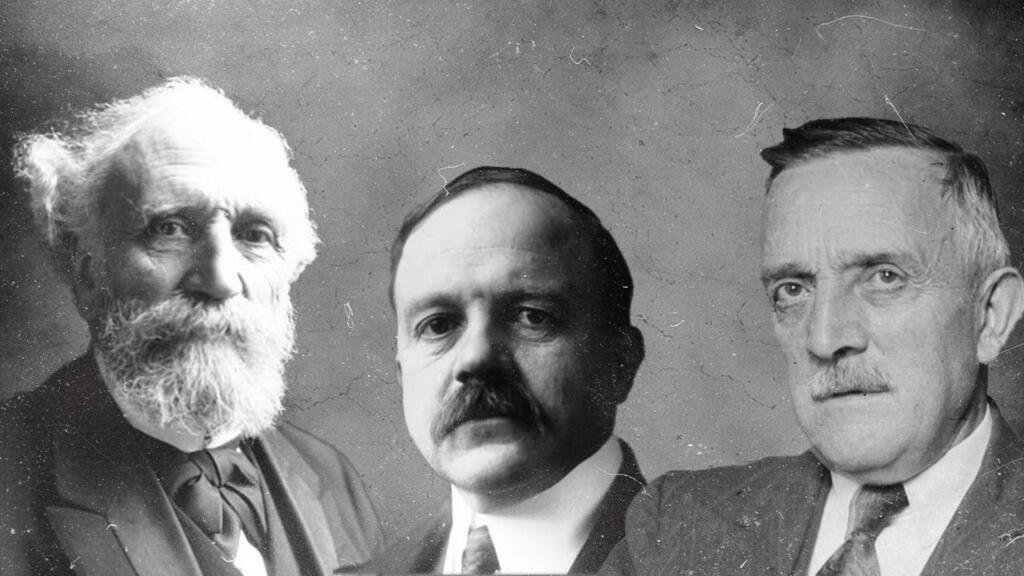France Faces Political Turmoil After Prime Minister Sébastien Lecornu's Historic Resignation
The resignation of France's Prime Minister Sébastien Lecornu after less than 24 hours in office has triggered a political crisis, raising calls for President Macron's resignation and discussions of early elections amid legislative paralysis.
- • Sébastien Lecornu is the shortest-serving Prime Minister in the Fifth Republic, resigning less than 24 hours after appointing his government.
- • The resignation has led to a near halt in parliamentary activities at the French National Assembly.
- • Calls are growing for President Emmanuel Macron to resign, with political leaders suggesting early presidential elections.
- • French constitutional procedures require a new presidential election within 20 to 35 days if Macron resigns, with Senate President Gérard Larcher as interim president.
Key details
Sébastien Lecornu, France's Prime Minister, resigned less than 24 hours after unveiling his government, making him the shortest-serving Prime Minister in the history of the Fifth Republic. His unprecedentedly brief tenure has triggered a political crisis that has effectively halted activity at the French National Assembly, leaving parliamentary agendas empty and legislators largely sidelined amid turmoil. Following his resignation, Lecornu was charged by President Emmanuel Macron to manage final duties, but no firm government has been established yet.
This sudden upheaval has intensified calls for President Macron himself to resign. Prominent political figures including David Lisnard from the LR party and Édouard Philippe from Horizons have publicly urged Macron either to step down for France's good or to organize early presidential elections. Under Article 7 of the French Constitution, any presidential vacancy requires an election campaign within 20 to 35 days after resignation. If Macron were to resign, Gérard Larcher, President of the Senate, would serve as interim president but would lack the authority to dissolve the Assembly or call a referendum. Presidential candidates must secure endorsements from 500 elected officials, a process expedited in the case of an election prompted by a resignation.
Macron’s potential resignation has also raised questions about his political future. According to constitutional rules, a president cannot serve more than two consecutive terms, meaning Macron would be barred from running in the immediate subsequent election but may be eligible to run five years later. Political analysts note that a comeback would be challenging, as previous ex-presidents like Nicolas Sarkozy and François Hollande struggled for political relevance post-tenure.
Meanwhile, the National Assembly has practically stopped legislative work, with deputies seen only guiding visitors and few sessions scheduled as the country grapples with uncertainty over its political direction ahead of the 2024 Assembly dissolution.
This extraordinary sequence of events marks a significant turning point in France’s Fifth Republic, reflecting widespread political instability and mounting pressure on leadership amid looming questions about the nation's governance and upcoming elections.
This article was translated and synthesized from French sources, providing English-speaking readers with local perspectives.
Source articles (5)
Source comparison
Latest news
Middle East Conflict Sparks Surge in French Fuel Prices Amid Supply Concerns
Macron Announces Major Shift in France's Nuclear Policy with Increased Arsenal and European Integration
French Government Prioritizes Safety of Nationals Stranded Amid Middle East Conflict
French Prisons Reach Record Overcrowding with 86,645 Inmates as of February 2026
Pau's Local Election Campaign Gathers Momentum Amid Broader Political and Economic Concerns
French Companies and Regions Accelerate Efforts in Nature-Related Economic Transition
The top news stories in France
Delivered straight to your inbox each morning.



